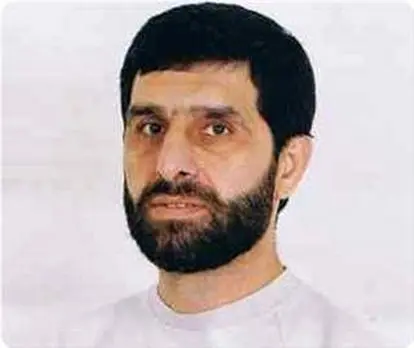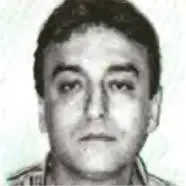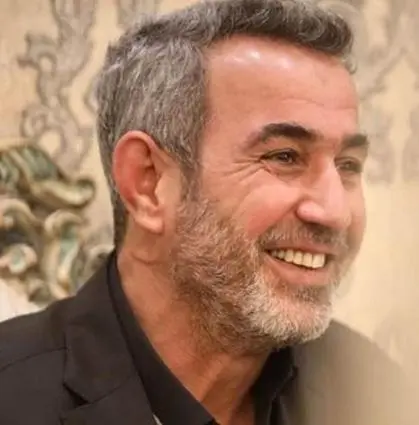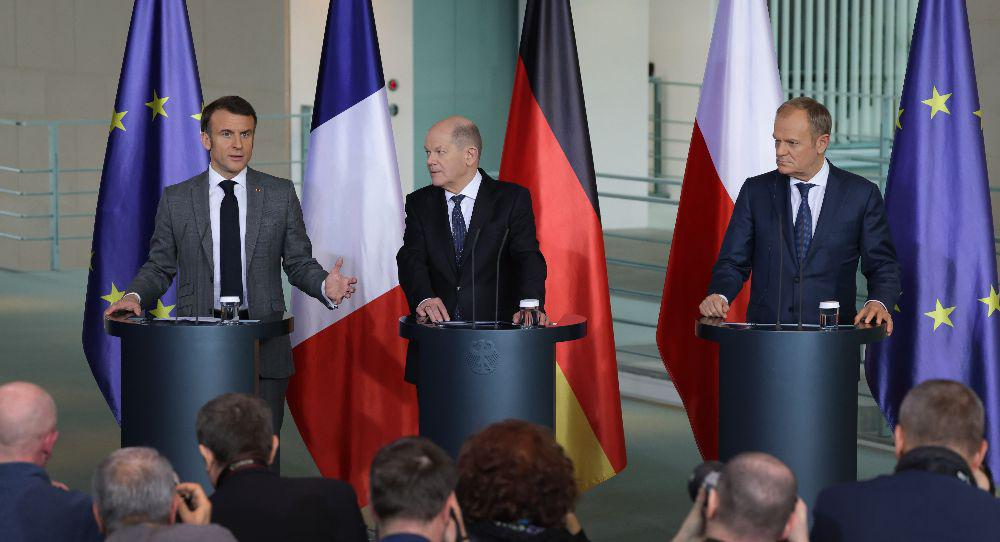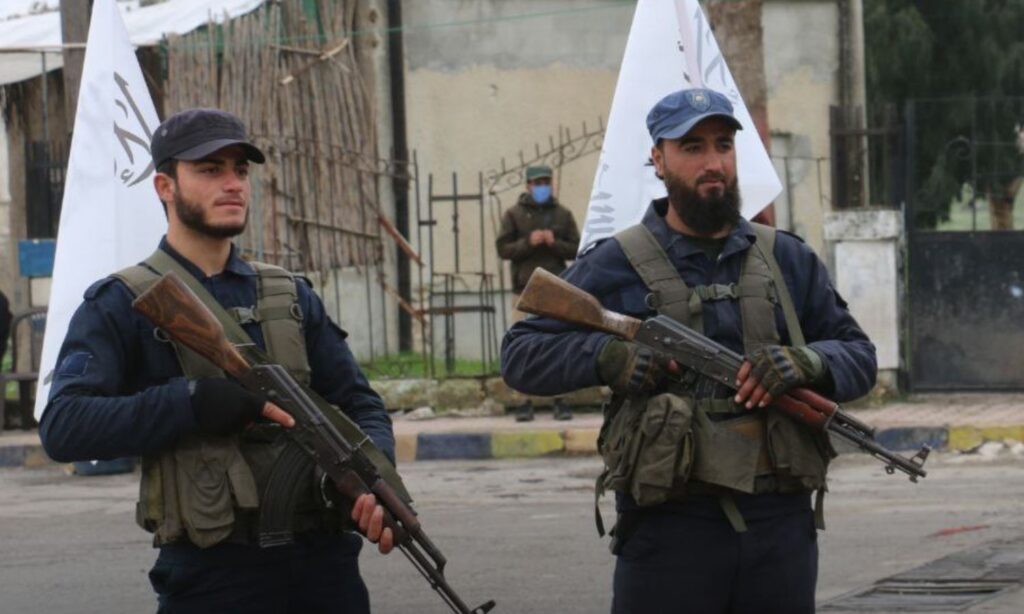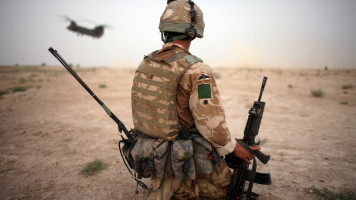Amir Hossein Nickaein Ravari
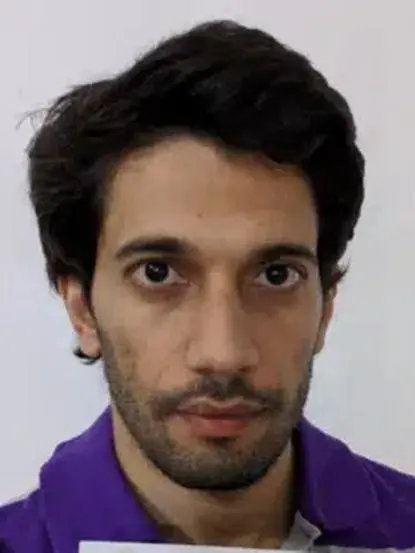
Terror organization: IRGC Intelligence Organization
Status: Associated with Iran-based cyber company Afkar System Yazd Co. (Afkar) since at least 2015. He is working in cyber command of the IRGC Intelligence Organization (Division 2000).
Roll: Amir Hossein Nickaein Ravari (Nickaein) is wanted for his alleged involvement in a coordinated campaign that compromised hundreds of computer networks across the United States and abroad.

